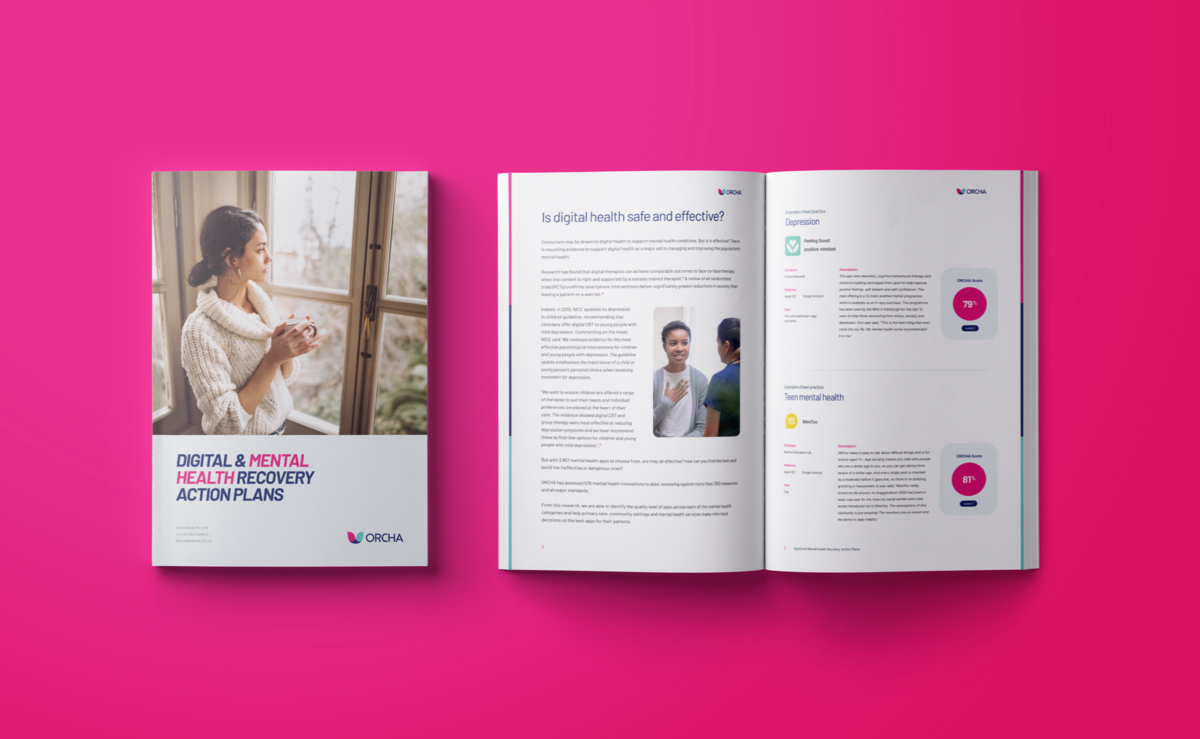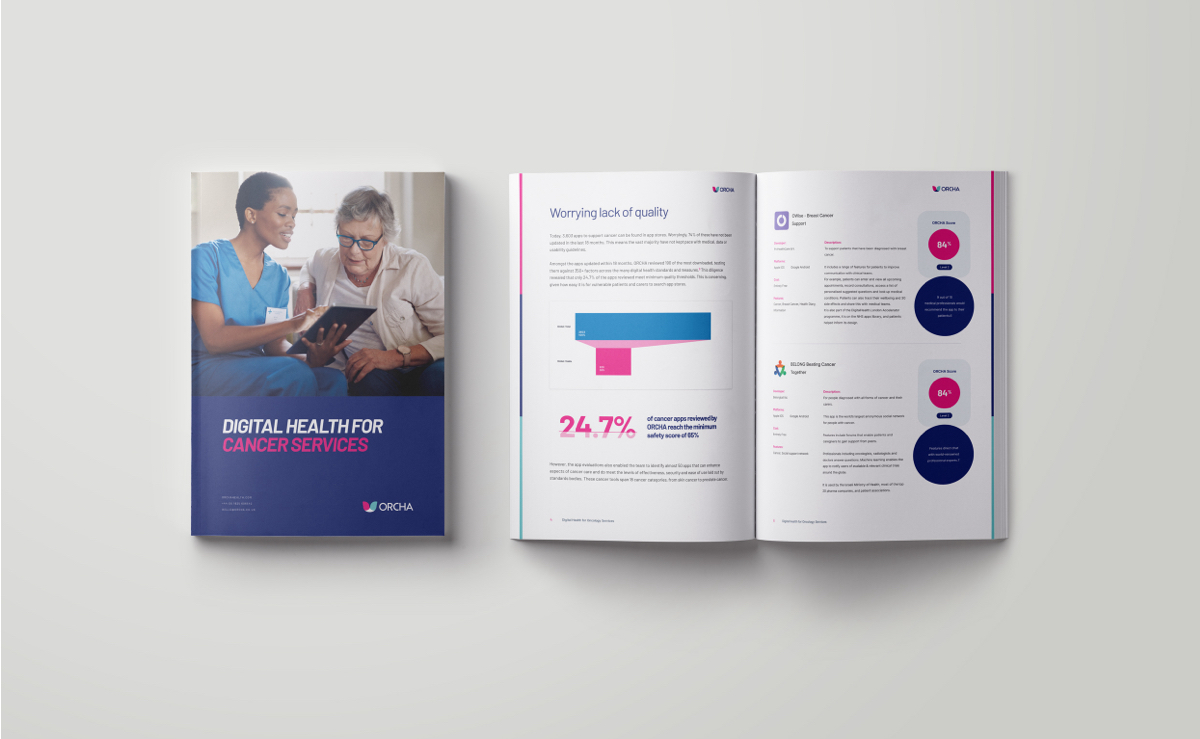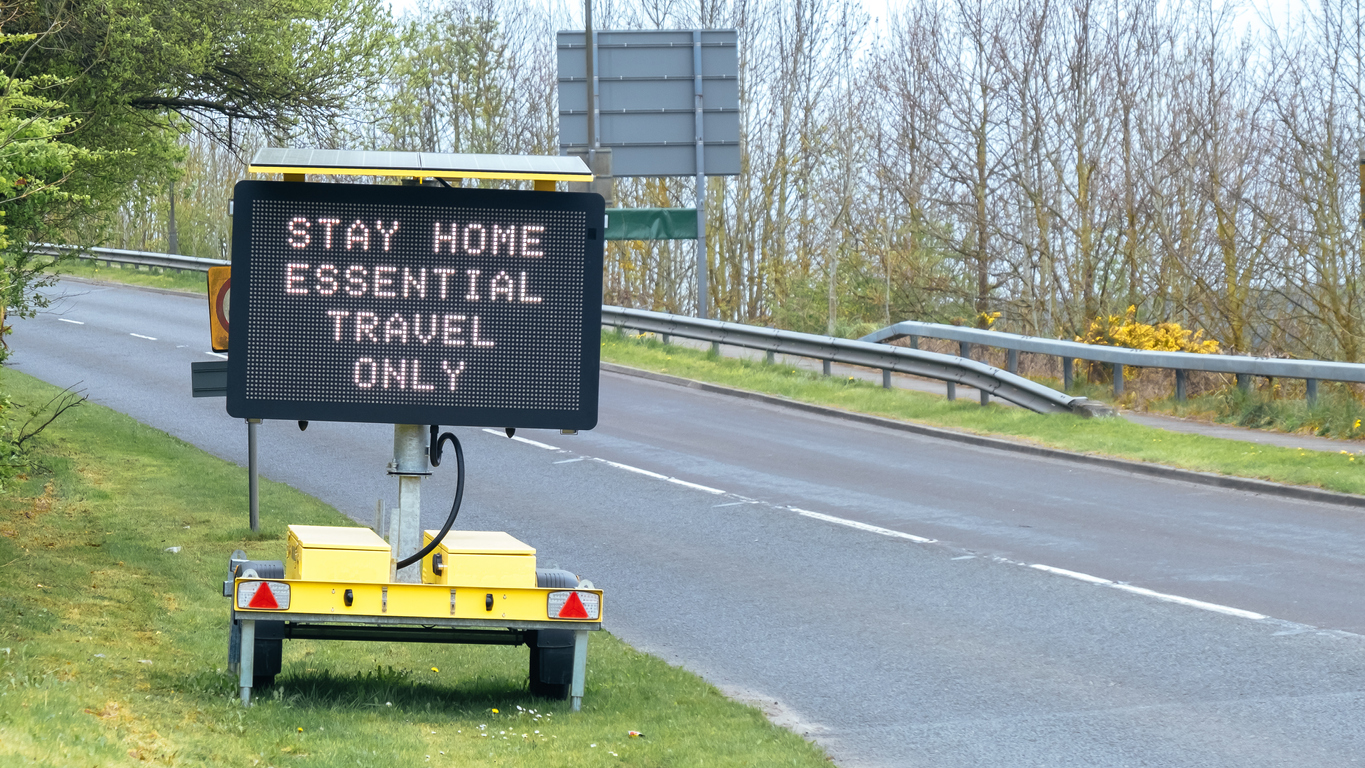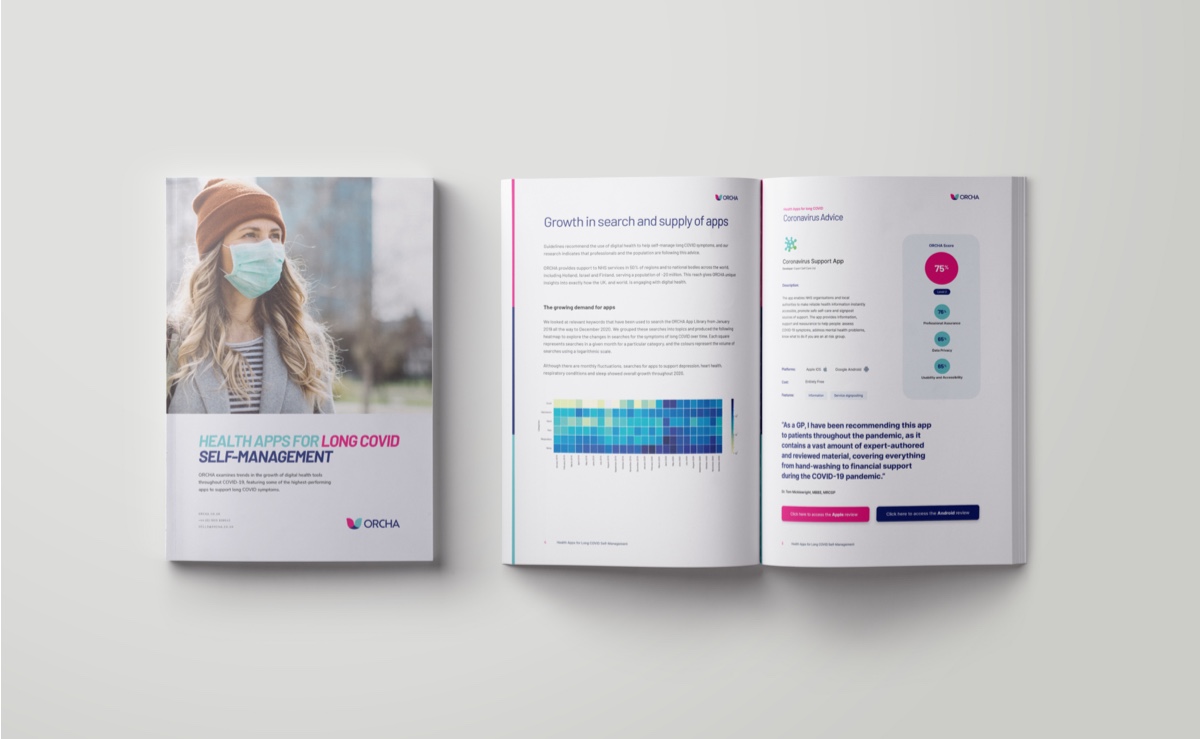Milestones in digital health since 16 March 2020
“Now is the time for everyone to stop non-essential contact and travel.” The year that followed the Prime Minister’s decision to place the UK in lockdown measures has transformed the role of digital health in our lives and NHS services.
There has been an explosion in the demand for digital health. Five million health apps are downloaded every day. But as 80% do not meet NHS standards, over the past 12 months around 1.5bn apps that do not meet standards have been downloaded.
The past year has also seen the rapid launch of new apps and the advancement of much-needed tools, especially when remote care was needed. For example, there are now more than 750 apps to help inform, track, or gather COVID-19 data,1 more than 858,000 people downloaded the Couch to 5K app in 2Q20 – a 92% increase over 2019.2 The world’s 10 largest English-language mental wellness apps saw 10 million downloads in April 2020,3 and who didn’t appreciate Matthew McConaughey and Harry Styles’ collaboration with the Calm meditation app?
To help people access safe and reliable apps remotely, within 38 days of lockdown, ORCHA launched its free COVID-19 App Library available to all NHS and care staff. The NHS also rapidly stepped in to embed safe app libraries into services. An ORCHA App Library was part of the national COVID-19 response in Northern Ireland, bespoke libraries were also launched by the Chartered Society of Physiotherapy and the British Dietetic Society for their members. CCGs and Trusts in 70% of NHS regions now have an ORCHA app library in place, making safe and effective health apps easy to find.
Commenting on Northern Ireland’s app library, Robin Swann, Health Minister, Northern Ireland announced in March:
“We are now able to support people to look after their mental health and this app library provides a one stop shop where the public can access safe and secure apps to help them during the pandemic.”
Cathy Connolly, CEO, Care Merseyside recently reported:
“Apps have been a lifeline to the people we support, particularly during COVID-19. Apps have given the charity a different way we can provide support to people. It has enabled us to give help to people with a wide range of challenges, recommending apps such as Sidekick to help with weight management to Sleepio, to help people to sleep better.”
As we look forward to a return to life outside of lockdown restrictions, we hope that not everything returns to pre-COVID. We hope that:
- Consumers continue to personally engage with their health, enjoying the insights, entertainment, and social engagement that health apps bring.
- Developers continue to innovate, driven to extend the reach of NHS services.
- NHS commissioners and clinicians continue to embed safe and effective digital into everyday practice.
Sources:
(1) https://orchahealth.com/health-apps-for-long-covid-self-management-report/
(2) https://www.england.nhs.uk/2020/07/around-one-million-downloads-of-fitness-app-during-lockdown-as-people-stay-fit/
(3) https://sensortower.com/blog/top-mental-wellness-apps-april-2020-downloads





